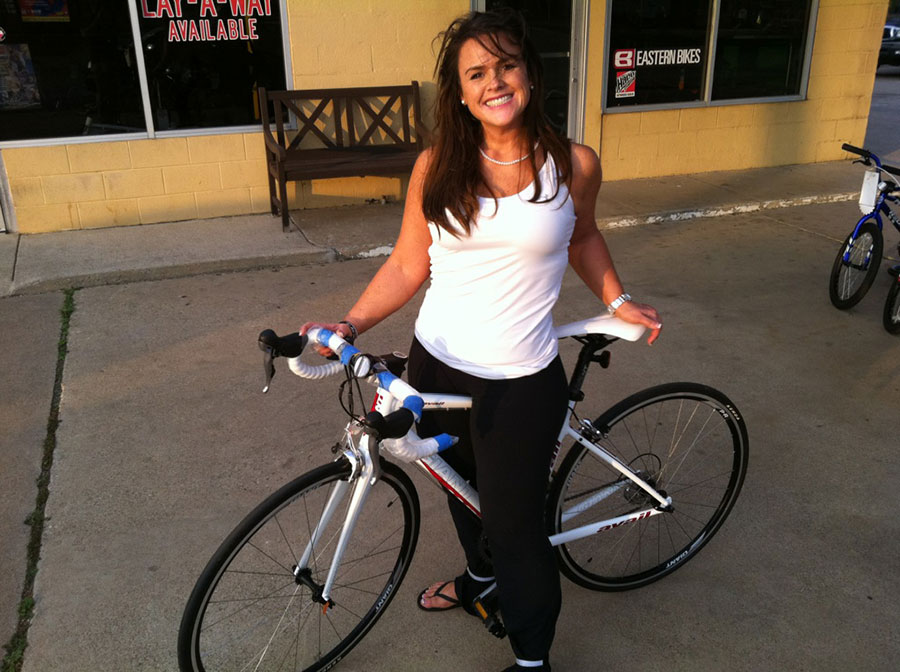By Mario Montalvo/ne news editor

Chris Erskine/Los Angeles Times/MCT
The NE history and philosophy departments are offering students an opportunity to earn six credit hours of core curriculum while studying in the City of Lights.
History assistant professor Peter Hacker and philosophy instructor Mark Reed will conduct a two-week study abroad trip to Paris, France, during the second summer session. Students will spend two weeks studying on NE Campus, followed by two weeks in Paris and then two more weeks on NE, Reed said.
Students can earn three credit hours for Introduction to Philosophy and three for American History 1302. The credits are transferable to any university in Texas, Hacker said.
“You can get them out of the way at TCC’s cheap tuition rates and spend two weeks studying in Paris,” he said. “Paris ties in beautifully with American history, and we’ll take a day trip to Normandy and see the D-Day invasion site, and then it ties in beautifully with philosophy.”
The curriculum in Paris will be the same material that would be taught on campus but slightly modified, Reed said.
“It’s the same course. We’ll just be doing it in Paris,” he said. “We may be sitting in a park or in a café doing it.”
Hacker said the hardest part will be for students to understand that it is not a vacation. They will earn credit hours, and they have assignments to complete just as in a regular class, he said.
The group will stay at the Foyer International Des Etudiantes located in the Latin Quarter facing the Luxembourg Gardens and minutes from Notre Dame and the Seine River.
“It looks like we’re going to have a good time, but we’re going to learn a lot too,” Reed said.
Including tuition, the trip will cost about $2,200. Students will pay their own airfare and can use frequent flier miles. The trip can be paid for in installments, and financial aid opportunities do exist, Hacker said.
“It can be pricey, going to Europe is,” he said. “But I think the advantage we have over other study abroad programs is at least we have cheap tuition.”
Several students have signed up for the trip already, Reed said, and they’re still looking for more. But there are limited spots, and registration is on a first-come, first-served basis.
“Financial aid is working with us, and they have a variety of options,” he said. “So we can make this affordable even if you have to take out a loan.”
NE director of financial aid Consuela Mitchell said students often have unused financial aid for summer school and should take out loans only as a last resort.
“If a student is currently receiving financial aid for fall and spring semester, oftentimes they haven’t utilized the maximum amount of that financial aid during the fall and spring, which leaves them with leftover money for summer school,” she said.
The other day, she was able to help a student pay for her trip with unused financial aid money, she said.
“She almost left the office crying yesterday because when she compared the cost of the program, it was almost all of the cost of the program,” she said. “She already had her passport, so she was good to go.”
Mitchell said a handful of students have used financial aid for this and other trips, and they have helped them too.
“It’s a good investment, not only to enhance their résumé but also to introduce them to another culture and being able to go at a wonderful time of the year,” she said. “And if financial aid can help them do that, we want to encourage that.”
There is no specific financial aid award for studying abroad, she said. But there are some outside companies that do offer study abroad scholarships to students.
Students just need to do some research online to see which are available, she said.
A $500 deposit and first installment for the trip is due March 30. Seats are limited, Hacker said.
“If this works out, we’ll be happy to do it year after year after year,” he said.
For more information, contact Hacker at peter.hacker@tccd.edu or Reed at mark.reed@tccd.edu.






















